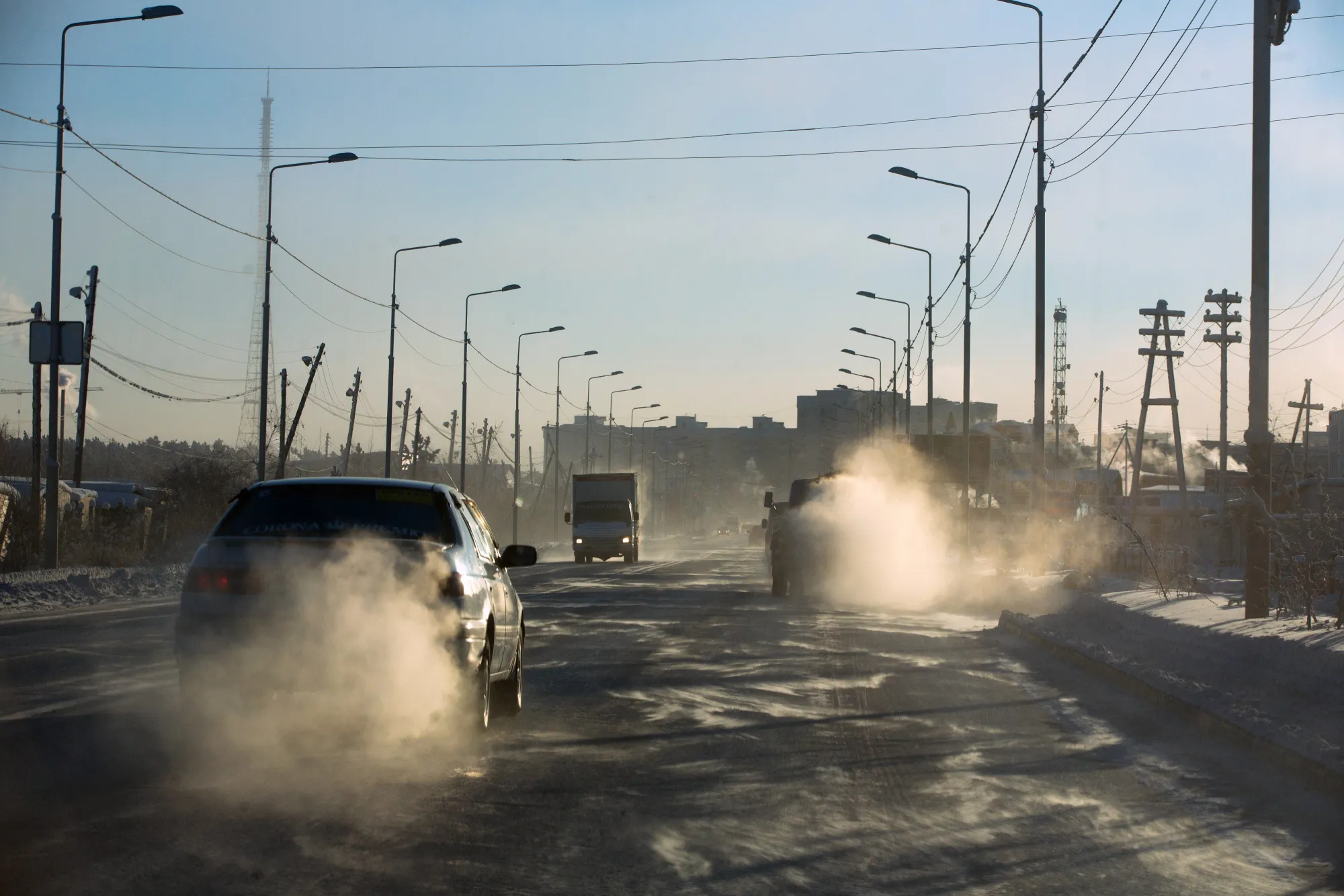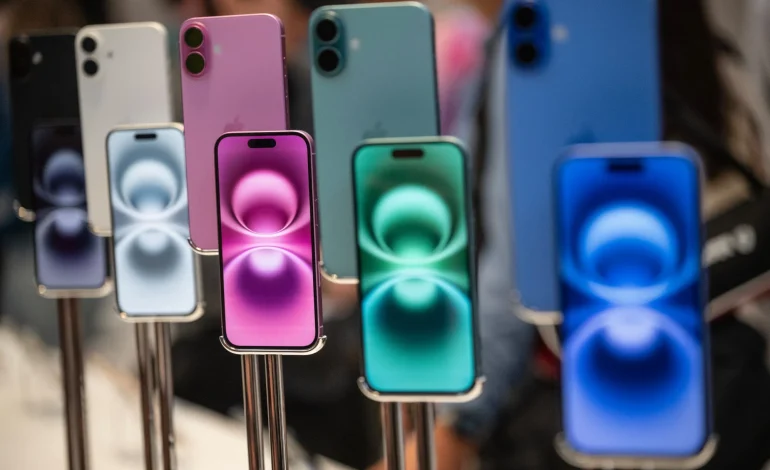Apple Inc. has been barred from selling its latest iPhone 16 models in Indonesia, Southeast Asia’s largest economy, due to its failure to meet the country’s local investment requirements, Bloomberg reports.
The Ministry of Industry announced on October 25 that the iPhone 16 cannot be marketed domestically because PT Apple Indonesia has not fulfilled the 40% domestic content requirement for smartphones and tablets. While older Apple products remain available, this poses a significant hurdle for the tech giant.
Despite enjoying strong initial sales in other Asian markets, including China, Apple has yet to crack the top six smartphone brands in Indonesia. However, the country, with a young and increasingly tech-savvy population, represents a potential growth market for Apple. Indonesia boasts over 350 million active mobile phones, exceeding its population of 270 million, according to government data.
According to the ministry, Apple has only invested 1.5 trillion rupiah ($95 million) in Indonesia, falling short of its pledged 1.7 trillion rupiah investment. While Apple has established four developer academies in the country, CEO Tim Cook had previously indicated in April that the company was exploring the feasibility of setting up a local manufacturing facility.
Rival phone manufacturers, such as Samsung Electronics Co. and Xiaomi Corp., have already established factories in Indonesia to comply with the domestic content regulations introduced in 2017. These regulations aim to boost local manufacturing and employment by encouraging companies to source materials or hire workers within the country.
Indonesia has a history of employing trade restrictions to push foreign companies towards domestic production, with mixed results. The government tightened import rules on various products this year, leading to shortages of items like laptops and car tires and congestion at Indonesian ports. However, its long-standing ban on exporting mineral ores such as nickel has spurred the rapid development of the battery sector.
Despite the ban, an estimated 9,000 iPhone 16 units have already entered Indonesia, brought in by passengers, crew, or through postal services. However, these devices are only allowed for personal use and cannot be traded, according to the ministry. Even acquiring these units may prove challenging as, since 2020, Indonesia has required all phones purchased overseas to be registered with the government, which incurs a significant tax.









